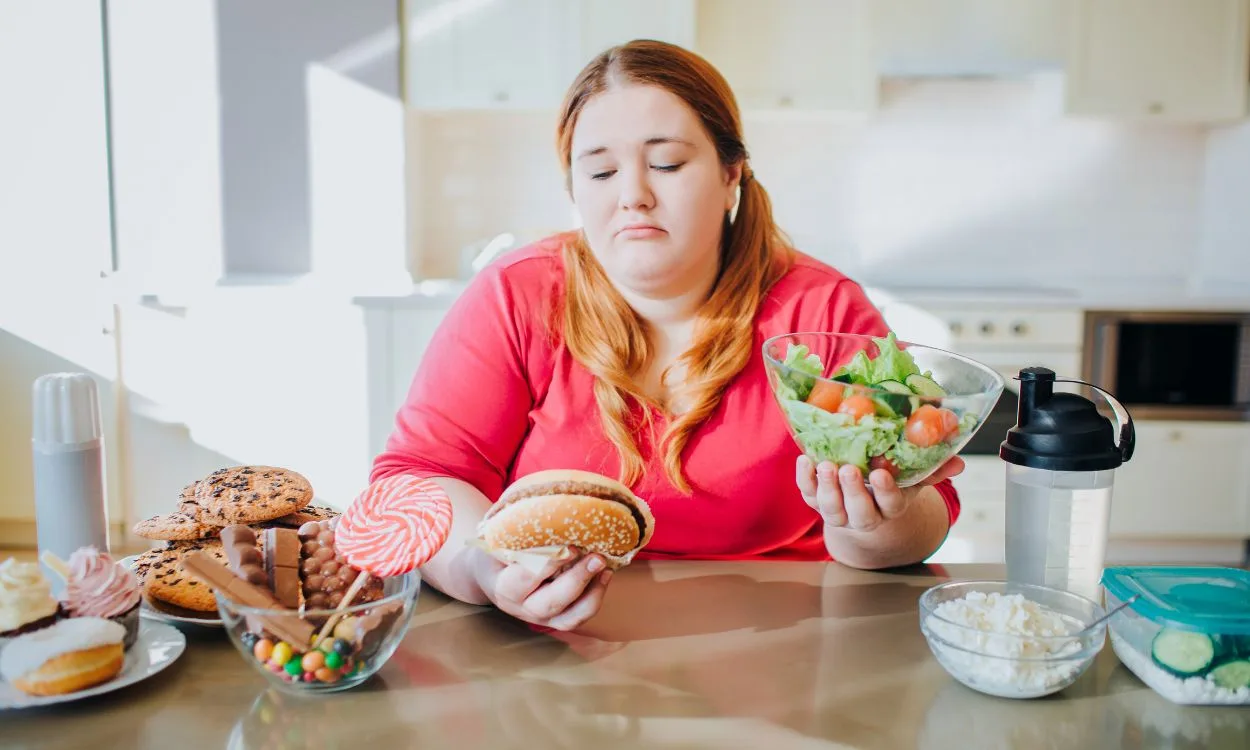How Does Sugar Impact Weight Loss Progress?
Introduction
Sugar is an essential part of our daily diet, but it can have a significant impact on our weight loss progress. In this article, we will explore the relationship between sugar consumption and weight loss, and how it affects our overall health and well-being.
The Role of Sugar in Weight Gain
- Sugar and Empty Calories: Sugar is a source of empty calories, which means it provides calories without any nutritional value. Consuming excessive amounts of sugar can lead to weight gain due to the high caloric content.
- Increased Hunger and Cravings: When we consume sugary foods, our blood sugar levels spike, leading to a rapid release of insulin. This can cause a subsequent drop in blood sugar levels, leaving us feeling hungry and craving more sugary foods.
- Fat Storage: Excess sugar in the body is converted into glycogen and stored in the liver and muscles. However, when these stores are full, the excess sugar is converted into fat and stored in adipose tissue, leading to weight gain.
Impact of Sugar on Metabolism
- Insulin Resistance: Consuming too much sugar can lead to insulin resistance, where our cells become less responsive to insulin. This can disrupt our body’s ability to regulate blood sugar levels and can contribute to weight gain and the development of type 2 diabetes.
- Slowed Metabolism: High sugar intake can lead to a slowed metabolism, making it harder for our bodies to burn calories efficiently. This can further hinder weight loss progress.
- Inflammation: Excessive sugar consumption can trigger inflammation in the body, which can interfere with normal metabolic processes and contribute to weight gain.
Sugar and Food Addiction
- Dopamine Release: Consuming sugar triggers the release of dopamine in the brain, which is associated with feelings of pleasure and reward. This can lead to cravings and a desire for more sugary foods, creating a cycle of addiction.
- Overeating: Sugar can disrupt our brain’s signals of fullness and satisfaction, causing us to overeat and consume more calories than needed.
- Emotional Eating: Sugary foods are often associated with comfort and emotional satisfaction. Many people turn to sugary treats when they are stressed, sad, or anxious, leading to emotional eating and weight gain.
Strategies to Reduce Sugar Intake for Weight Loss
- Read Food Labels: Pay attention to the sugar content in packaged foods and choose options with lower sugar content.
- Limit Processed Foods: Processed foods often contain hidden sugars. Opt for whole, unprocessed foods to reduce sugar intake.
- Choose Natural Sweeteners: Use natural sweeteners like stevia or fruit puree instead of refined sugar in recipes and beverages.
- Gradual Reduction: Gradually reduce your sugar intake to allow your taste buds to adjust to less sweetness.
- Mindful Eating: Be aware of your sugar cravings and emotional triggers, and find healthier alternatives to satisfy them.
- Increase Fiber Intake: Foods high in fiber can help stabilize blood sugar levels and reduce sugar cravings.
- Stay Hydrated: Drinking plenty of water can help curb cravings and keep you feeling full.
Why Choose Fitpaa for Weight Loss?
If you’re struggling with your weight loss progress and need personalized guidance and support, the Fitpaa app is here to help. With Fitpaa, you get access to a team of fitness coaches, nutritionists, and doctors who can create a personalized Fitpaa Capsule tailored to your specific needs and goals. The Fitpaa Capsule incorporates medical therapy, exercise therapy, nutrition therapy, and cognitive behavior therapy to optimize your metabolism and achieve guaranteed weight loss results. The Fitpaa app provides real-time guidance, habit-building techniques, and a virtual workout trainer to help you stay on track and motivated throughout your weight loss journey. Download the Fitpaa app today and experience the joy of achieving your health and fitness goals with guaranteed results.
Conclusion
Sugar consumption can have a significant impact on weight loss progress. Excessive sugar intake can lead to weight gain, slowed metabolism, and food addiction. By reducing sugar intake, making healthier food choices, and seeking personalized guidance through the Fitpaa app, you can overcome the challenges posed by sugar and achieve your weight loss goals. Remember, your well-being is our mission at Fitpaa, and we are here to support you every step of the way.









